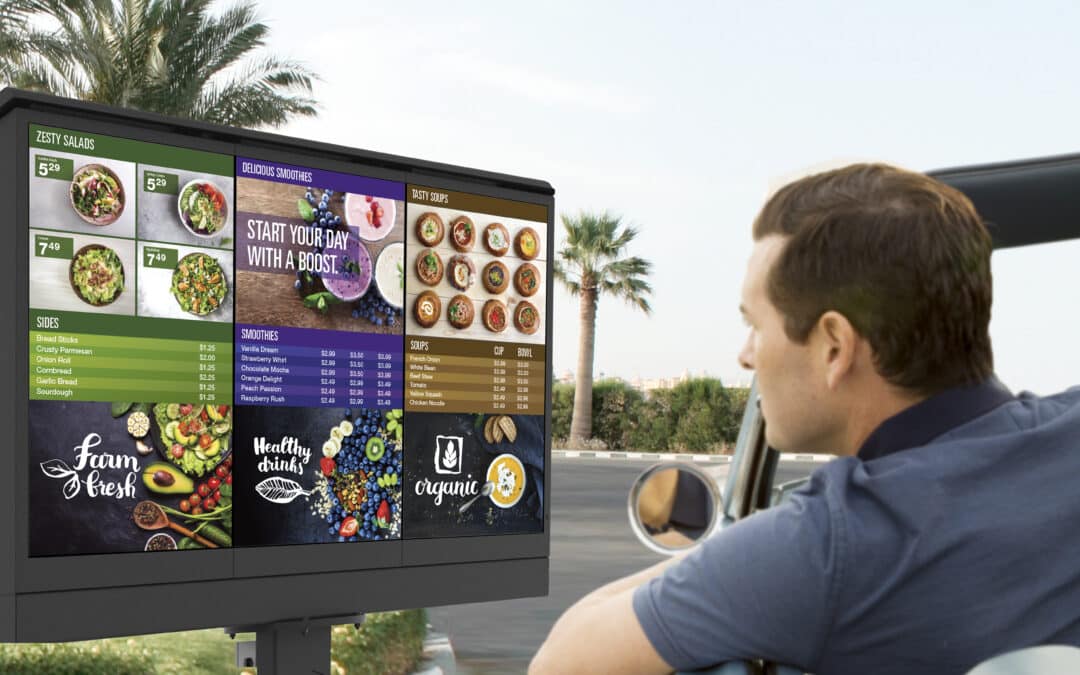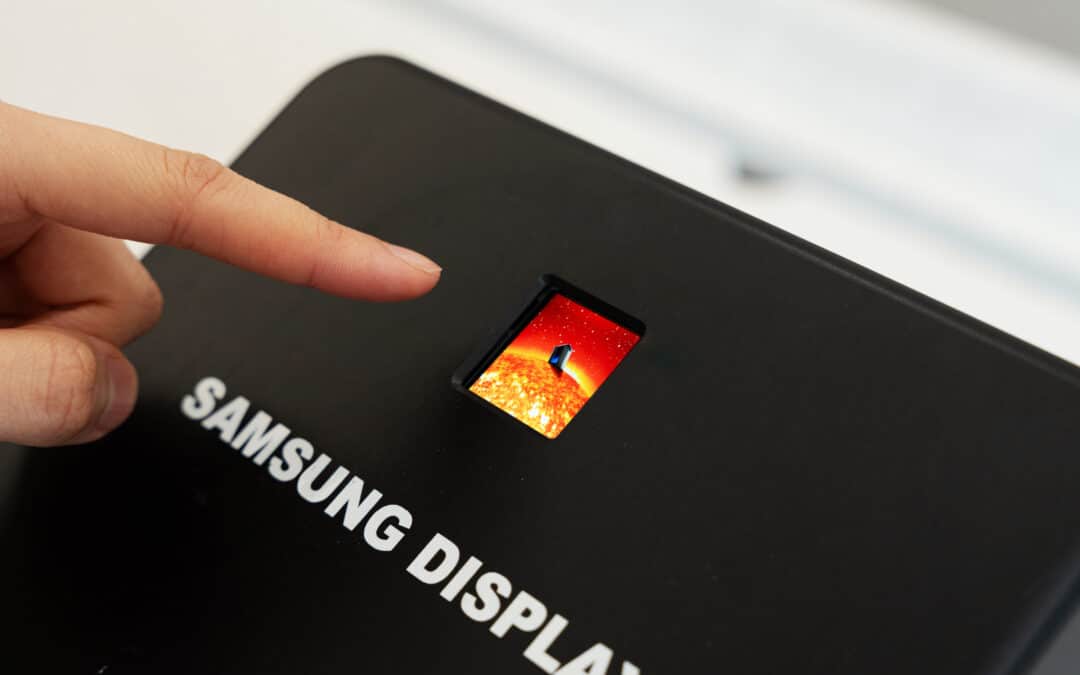Due to the US reciprocal tariffs, companies that import devices to the US are concerned about the future of their business. The same goes for the two big American telecommunications giants, AT&T and Verizon. Both companies say that if prices increase for devices due to tariffs, they won’t absorb the cost, meaning customers will have to pay more for new phones.
Tariff hikes mean higher phone prices for customers
During the recent Q1 2025 earnings call, AT&T Chairman and CEO John Stankey clearly said that new tariffs may raise the cost of smartphones, other devices, and network equipment. But how much prices go up will depend on several factors like how much of the tariffs vendors pass on and how the tariffs affect consumer and business demand.
However, if tariffs force handset prices to go up, the company will first look at what their customers need, then make some adjustments to support them. But in the end, the company will likely pass most of the extra cost on to customers, so that their business can drive the right level of returns.
Verizon echoed its rival’s sentiments — it will pass on additional costs to customers. “If the tariff is going to be as high as they say on the handset, we’re not planning to cover that in our work. That’s just not going to be possible,” Verizon Chairman and CEO Hans Vestberg said during the Q1 2025 earnings call. He further added, “We will not cover any enormous increase on tariffs on handsets. That’s ultimately going to hit the consumer in the market.”
While there is some speculation that consumers might rush to buy phones before the full implementation of tariffs, Vestberg said Verizon has not noticed any major changes in consumer behavior directly linked to the tariffs.
As of now, the Trump administration has excluded smartphones and other big electronics from tariffs, which could benefit smartphone companies like Samsung. So, unless the Trump administration changes its decision, Samsung Galaxy phones in the US might not see a significant price hike after all.






